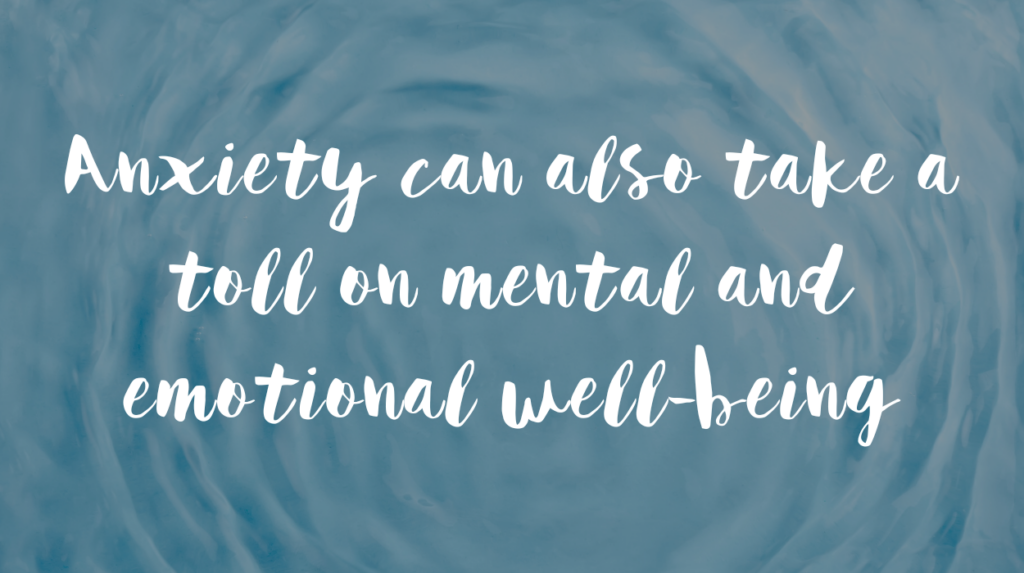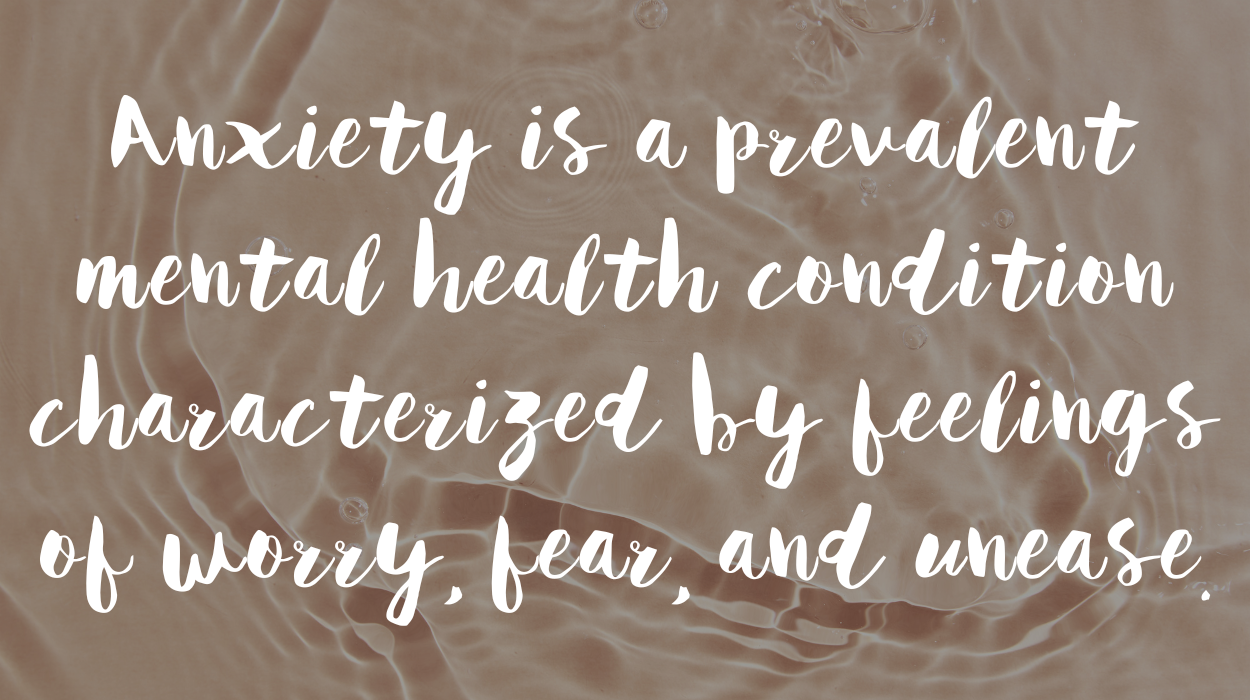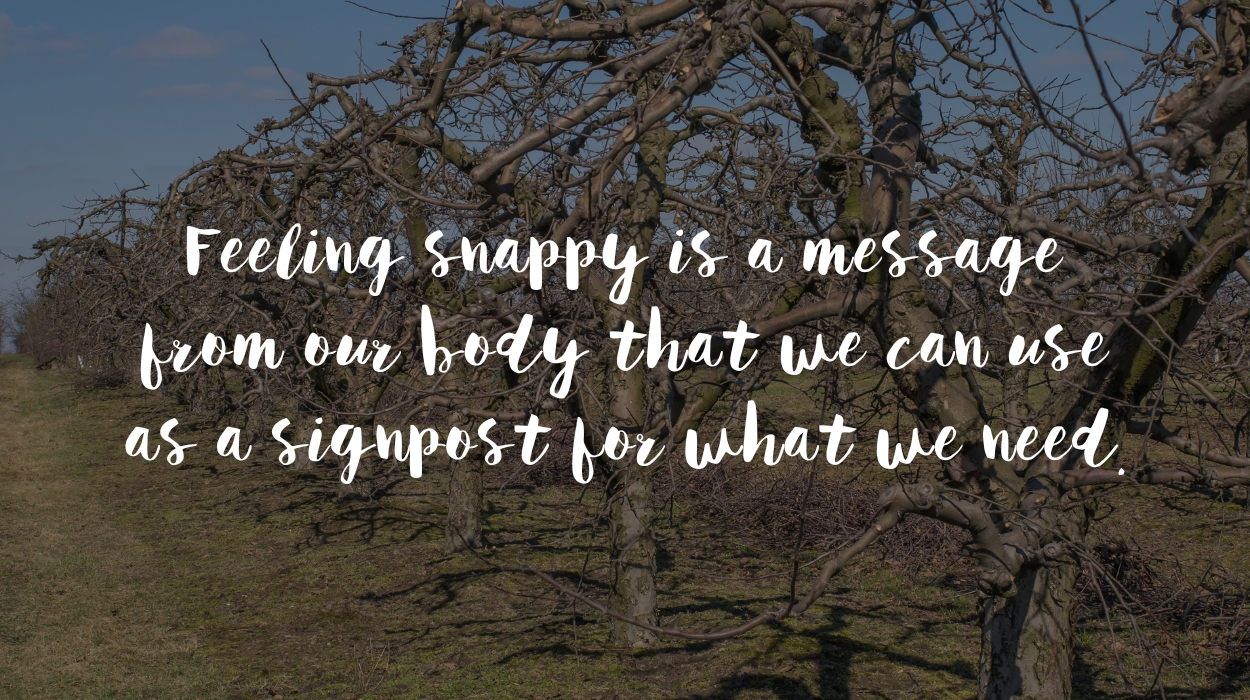Anxiety is a prevalent mental health condition characterized by feelings of worry, fear, and unease. It’s essential to recognize that anxiety is a normal human emotion and serves as a protective mechanism in threatening situations. However, when anxiety becomes excessive or disproportionate to the situation, it can significantly impact daily functioning and overall well-being. In this article, we’ll explore the various physical, mental, and emotional symptoms of anxiety, both common and less well-known, and discuss effective strategies for managing anxiety.
Physical Symptoms Of Anxiety
When it comes to anxiety, our bodies often give us subtle signs that something isn’t quite right. These physical symptoms can vary from person to person, but they often include sensations that can feel alarming or uncomfortable. Let’s take a closer look at some of the most common physical symptoms of anxiety and how they might manifest in our everyday lives:
- Rapid heartbeat: Anxiety often manifests as a racing or pounding heartbeat, even in the absence of physical exertion or danger.
- Shortness of breath: Many individuals with anxiety experience difficulty breathing or a sensation of breathlessness, which can exacerbate feelings of panic.
- Muscle tension: Anxiety can lead to muscle tension, particularly in the neck, shoulders, and jaw, contributing to headaches and jaw pain.
- Sweating: Excessive sweating, especially in the palms of the hands or underarms, is a common physical symptom of anxiety and can be embarrassing for some individuals.
- Digestive issues: Anxiety can disrupt the digestive system, leading to symptoms such as stomach pain, nausea, diarrhea, or constipation.
Anxiety can also manifest in more unexpected ways. These less common physical symptoms might not be as well-known, but they can still be just as distressing for those experiencing them. Let’s explore some of these lesser-known physical manifestations of anxiety:
- Dizziness or lightheadedness: Some individuals with anxiety may experience feelings of dizziness or lightheadedness, which can be disorienting and frightening.
- Tingling sensations: Anxiety can cause tingling or numbness in the hands, feet, or other parts of the body, often due to hyperventilation or heightened arousal.
- Chest tightness: Anxiety may manifest as a sensation of tightness or pressure in the chest, mimicking symptoms of a heart attack or other serious medical conditions.
Mental Symptoms Of Anxiety

In addition to the physical symptoms, anxiety can also take a toll on mental and emotional well-being. While some of these manifestations may be more familiar, they are nonetheless impactful in daily life. Let’s explore some of the common mental and emotional symptoms of anxiety:
- Excessive worry: Anxiety often involves persistent and excessive worrying about everyday events, future outcomes, or potential threats.
- Irritability: Individuals with anxiety may feel easily irritable or on edge, leading to conflicts in relationships or social interactions.
- Difficulty concentrating: Anxiety can impair concentration and focus, making it challenging to complete tasks or engage in productive activities.
While anxiety often presents with well-known mental and emotional symptoms, there are also lesser-discussed manifestations that can greatly impact one’s overall well-being. These less common symptoms may not be as easily recognizable, but they are equally important to recognize and address. Let’s explore some of the less common mental and emotional symptoms of anxiety:
- Intrusive thoughts: Some individuals with anxiety may experience intrusive thoughts or images that are distressing or difficult to control.
- Emotional numbness: Anxiety can lead to emotional numbness or a sense of detachment from one’s emotions, making it difficult to experience joy or pleasure.
- Fear of losing control: Many people with anxiety experience a pervasive fear of losing control or going crazy, which can be distressing and disruptive to daily life.
Ways To Manage Anxiety
In addition to understanding the various symptoms of anxiety, it’s crucial to equip yourself with effective strategies for managing these overwhelming feelings and sensations. Here are some practical techniques you can incorporate into your daily routine to alleviate anxiety and promote emotional as well as physical well-being:
- Deep breathing exercises: Practice deep breathing exercises to calm the nervous system and reduce feelings of anxiety. Focus on inhaling slowly through your nose, filling your lungs with air, and exhaling slowly through your mouth.
- Progressive muscle relaxation: Engage in progressive muscle relaxation to release tension and promote relaxation throughout the body. Start by tensing and then relaxing each muscle group, starting from your toes and working your way up to your head.
- Mindfulness meditation: Practice mindfulness meditation to cultivate present-moment awareness and reduce anxiety. Focus on your breath or the sensations in your body, and gently bring your attention back whenever your mind starts to wander.
- Limit caffeine and alcohol: Both caffeine and alcohol can exacerbate anxiety symptoms, so it’s essential to limit your intake or avoid them altogether, especially if you’re prone to anxiety.
- Seek professional help: If you’re struggling to manage your anxiety on your own, don’t hesitate to seek professional help. A therapist or counselor can provide support, guidance, and evidence-based treatment options tailored to your individual needs.
Some other simple yet effective ways to calm your anxiety instantly could be:
- Create a “calm corner” in your home with soft blankets, cozy pillows, and calming colors.
- Hold ice to your neck or in your hands, or splash cold water on your face to activate your parasympathetic nervous system and reduce anxiety
- Eat something sour, like a sour candy or lemon wedge to quickly distract your anxiety by focusing on the shocking sensation in your mouth.
- Pour sparkling water into a glass and engage all your senses by observing the bubbles, listening to the fizz, feeling the condensation, and tasting the bubbles, which can ground you during moments of anxiety or panic. But sip it slowly to avoid discomfort from too much dizziness!
- Chew gum to distract your mind from anxious thoughts.
- Practice grounding techniques by focusing on your senses: name 5 things you can see, 4 things you can touch, 3 things you can hear, 2 things you can smell, and 1 thing you can taste.
- Squeeze a stress ball or play with putty to release tension.
- Write down your worries and then physically tear up the paper to symbolize letting them go.
- Use aromatherapy with lavender or chamomile essential oils to promote relaxation.
- Engage in creative activities like coloring or drawing to redirect your focus.
- Listen to calming music or nature sounds to soothe your mind.
- Carry a small object in your pocket that you can touch or hold for comfort.
- Use positive affirmations to challenge negative thoughts and replace them with empowering beliefs.
- Create a worry box where you write down your worries and put them away for a designated worry time later.
- Practice mindfulness meditation by focusing on your breath and gently bringing your attention back whenever your mind wanders.
- Use a weighted blanket to promote a sense of security and calmness.
- Chew on a piece of ginger or drink ginger tea to settle an upset stomach caused by anxiety.
- Use a fidget spinner or stress-relief toy to keep your hands busy and distract your mind.
- Practice progressive relaxation by tensing and then relaxing each muscle group in your body, starting from your toes and working your way up to your head.
The symptoms of anxiety can feel embarrassing and shameful, but they’re nothing to be ashamed of, and they’re much more common than they feel. They’re indicative of some squiffy mental health issues that can really disrupt and interfere with our lives. It’s always worth getting support and speaking to our GP or another medical professional about them. With the right support and coping strategies, it’s possible to manage anxiety effectively and lead a fulfilling life.
Please help us to help others and share this post, you never know who might need it.









